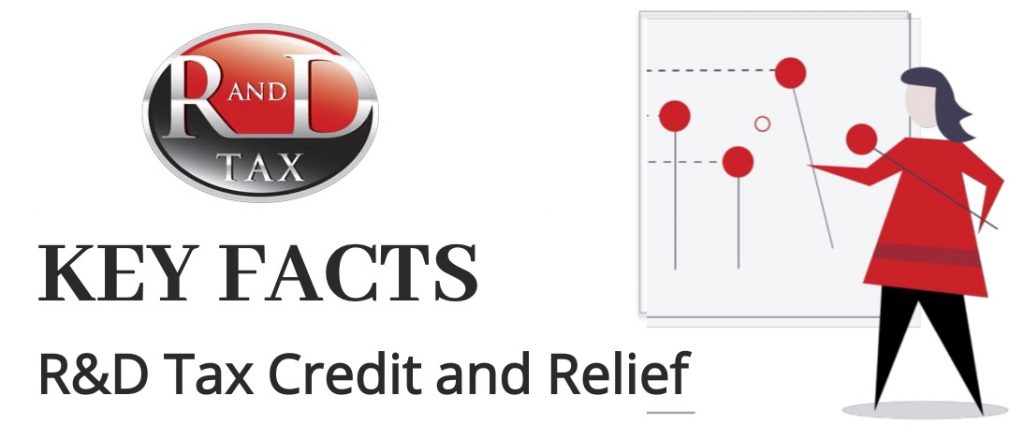
Why should you know who your “Competent Professional” is when claiming R&D tax credit or relief?
You may have come across the terms ‘Competent Technical Professional’ or ‘Competent Professional’ in UK Government R&D tax credit and tax relief guidance. If you haven’t and you are doing R&D tax credit/relief claims, you may be missing a key ingredient. These terms have a specific meaning and it’s important to grasp that meaning – below I explain why and what is meant.
Who decides what is and is not R&D?
Someone has to decide which of your development activities qualify as R&D for tax credit and relief, taking account of Government guidance on what does and does not qualify.
HMRC expects that decision to be based on the judgement of the person or people working for your company that have relevant technical knowledge and/or experience and/or qualifications in your specific research and development field.
“It is particularly important that the people doing the work are involved when considering whether the project is R&D for tax purposes as they are the ones who understand best the scientific or technological problems involved. They should focus on what advances the project is seeking to achieve and the uncertainties to be faced rather than on the eventual product aspiration, specification or design.” [Quote from HMRC guidance: Research and development tax relief Making R&D easier for small companies]
This includes identifying the boundaries of the qualifying R&D activities and those elements that are routine developments, which do not qualify as R&D. This is important to enable costs to be accurately identified and apportioned to your qualifying R&D activities.
For example, in software projects a developer or development leader is most likely to be the right person to do the assessment, in manufacturing businesses it’s likely to be the senior technical lead.
It’s advisable to include a summary biography for your Competent Professional/s in your project information and some narrative to demonstrate that your Competent Professional/s understand the boundaries of what is and is not R&D.

Who should not decide what R&D you are doing?
A non-qualified director or project manager should not be deciding what qualifying R&D activities you are undertaking or how much time was spent on them. An R&D assessment is also not something that can be done by your tax accountant and usually not by your specialist R&D advisor either. A specialist advisor will advise you on the guidelines and help you come to the right view, but they should not decide what is and is not R&D on your behalf. HMRC would not consider them qualified to do so.
“The [HMRC] officers handling the company’s affairs … will need to ask questions of the company’s technical experts to establish their scientific or technological background and that they understand and have correctly applied the definition of qualifying R&D.” [quote from Government Manual CIRD80525 – https://www.gov.uk/hmrc-internal-manuals/corporate-intangibles-research-and-development-manual/cird80525]
What are the risks in not involving a Competent Professional?
There is a considerable risk that if a non-qualified person decides what your qualifying R&D activities are, they will get it wrong and if questioned you will not be able to adequately defend your R&D claim. You could also end up over or under claiming on your R&D tax credit and relief, neither of which is desirable.
Contact us for an initial, free, no obligation, R&D assessment
